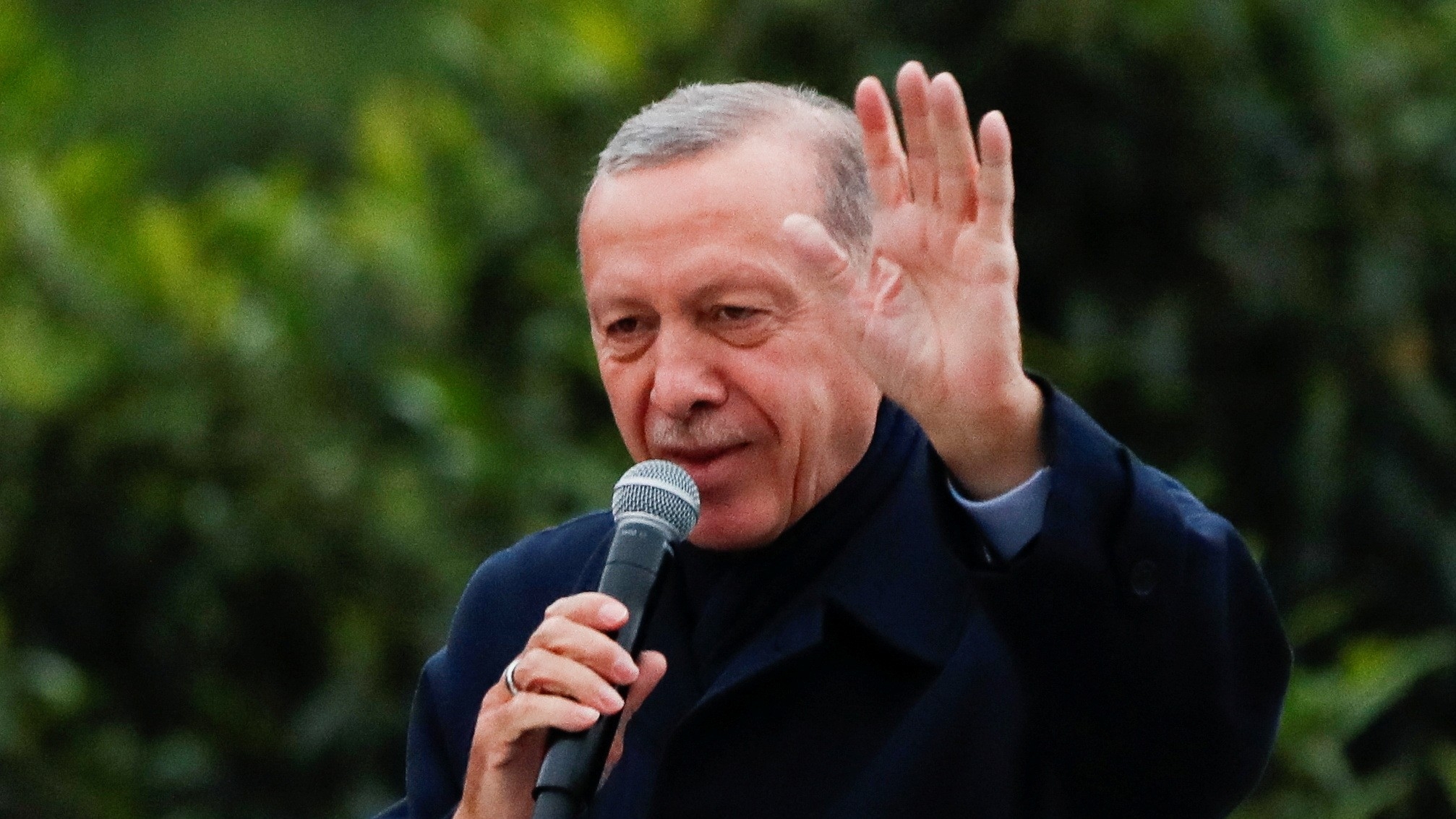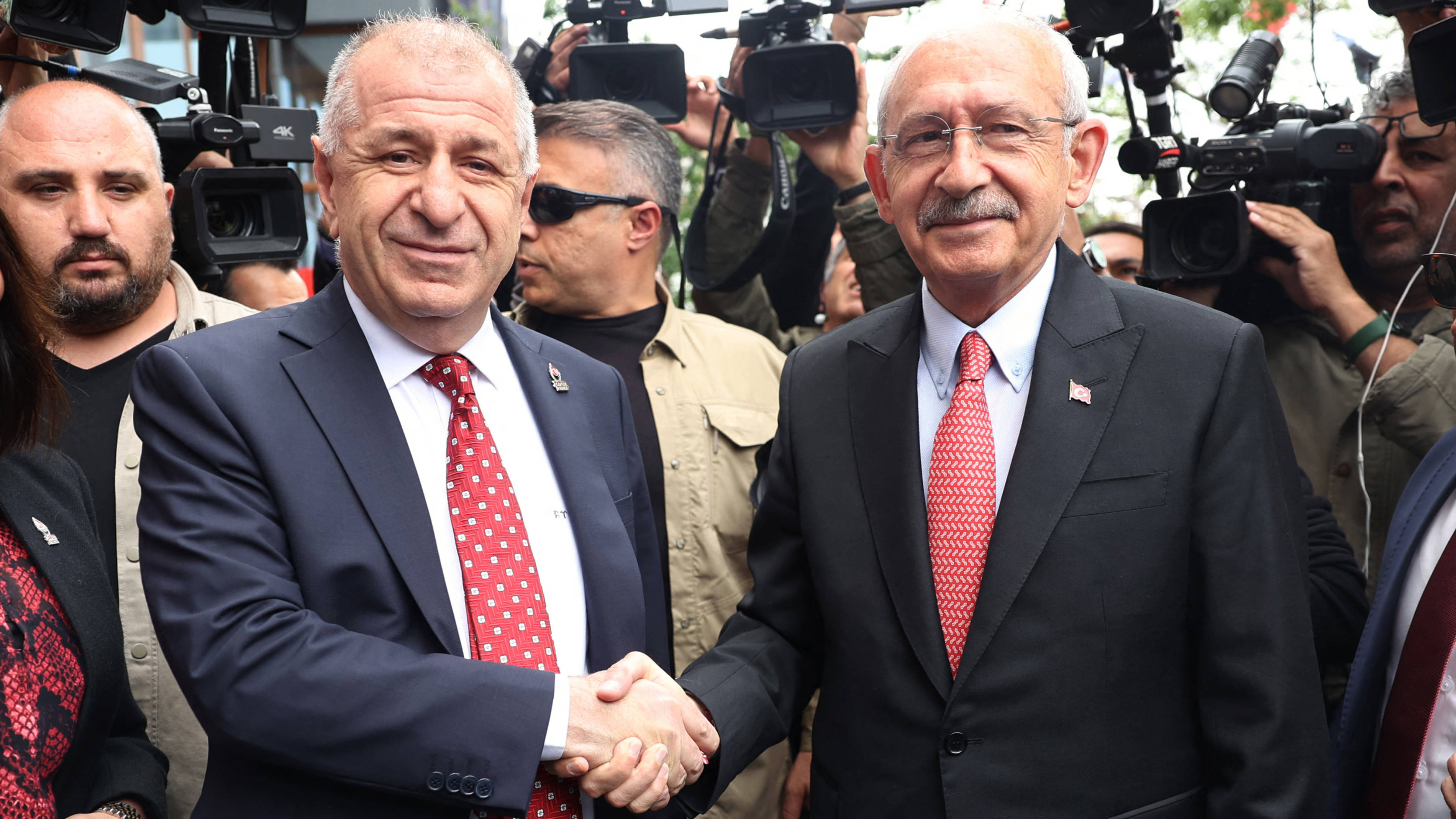Big drop off in Kurdish vote

In the end, the turnout for today’s vote stood at 84 percent - that’s just a couple of percent lower than on 14 May.
The rival campaigns have sought to convince supporters to remain energised and vigilant, with AKP officials previously telling MEE that one key message was: don’t leave your constituency for the summer until the last battle is won.
Places that did see a large decrease, however, were Turkey’s Kurdish-dominated areas.
Majority Kurdish areas always tend to have a lower turnout than the rest of the country, with some residents complaining of marginalisation, repression and a lack of representation.
In the first round, Kurdish-dominated areas had 81.70 percent. That dropped to 75.74 percent today.
Mardin’s turnout dropped from 82.76 percent to 78.60; Van went from 78.62 to 72.13; Batman fell from 84.93 to 80.17; and in Agri we saw 72.86 plummet to 65.72, according to Anadolu Agency.
That won’t come as a massive surprise to people following the reluctant way Kurdish parties endorsed Kilicdaroglu again for the runoff.
The opposition candidate made a tacit alliance with the pro-Kurdish HDP before the elections, who supported him from outside his Table of Six coalition. Erdogan used that Kurdish support against him, however, calling the opposition “terrorist” due to the HDP’s ideological links with the PKK armed group.
Ahead of the runoff, Kilicdaroglu won the support of the Turkish ultranationalist Victory Party, who signed an agreement with him that promised to maintain a system of choosing trustees in municipalities that Kurdish parties complain is discriminatory.
Sidar Simsek, an HDP supporter, told Yusuf Selman Inanc that the agreement between Ozdag and Kilicdaroglu had demotivated him from taking part in the election.
"The main demand of the Kurds is to remove Erdogan from power at any cost, and their focus is on ending Erdogan's rule rather than considering the consequences of a Kilicdaroglu victory," he told MEE.
You can read more about the issue in Yusuf’s piece here:
Kilicdaroglu's dilemma of keeping support of 'ultranationalists' and Kurds


